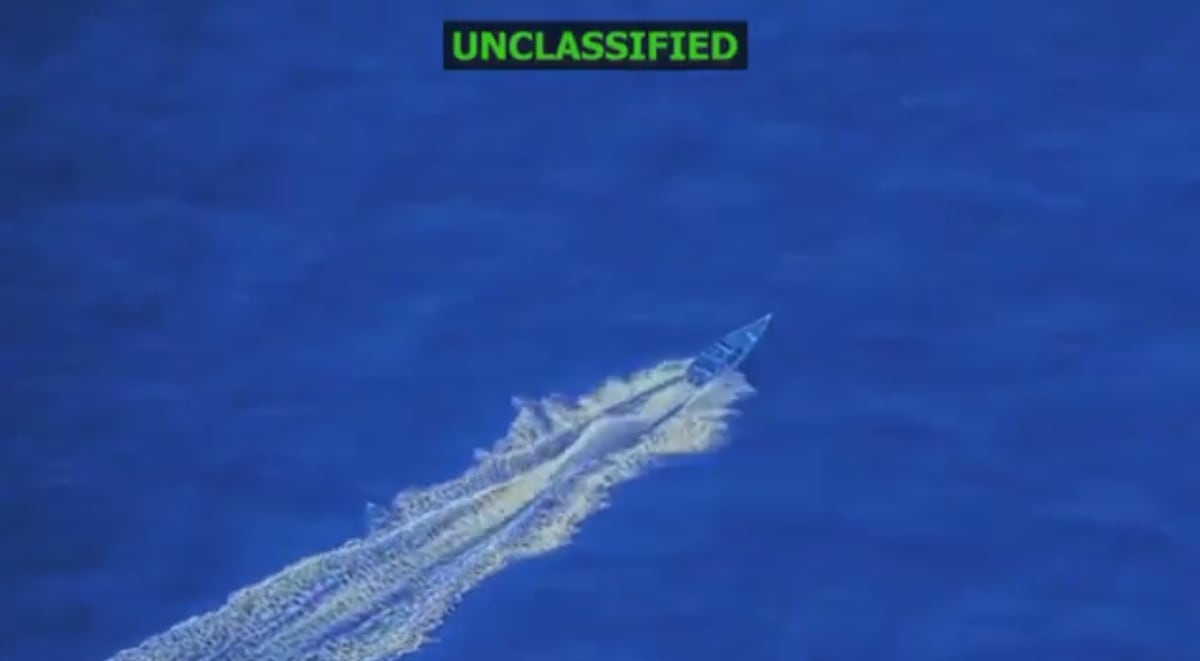Key Takeaways
- Defense Secretary Pete Hegseth announced a strike on a drug-trafficking vessel in the Caribbean, resulting in four fatalities.
- The U.S. has escalated military actions in the Western Hemisphere to combat drug trafficking, but legality is being questioned by human rights groups and lawmakers.
- The military has not disclosed details regarding the ships or tactics used in these strikes, citing a lack of resources due to a government shutdown.
Strike on Drug-Trafficking Vessel
Defense Secretary Pete Hegseth announced a military strike targeting a vessel believed to be transporting narcotics in the Caribbean, resulting in the deaths of four individuals. Hegseth emphasized that intelligence confirmed the vessel’s involvement in drug trafficking and highlighted the threat posed by narco-terrorists operating along known transit routes. He stated, “These strikes will continue until the attacks on the American people are over,” sharing a video of the explosion on social media platform X.
This strike occurred in international waters off the Venezuelan coast and is part of a broader military strategy by the Trump administration aimed at curbing the influx of narcotics into the United States. Earlier in the year, the administration designated certain gangs, notably Tren de Aragua, as foreign terrorist organizations to enhance efforts against drug transporters.
This action marks the fourth strike against drug-carrying vessels conducted by U.S. Southern Command since September 2. A recent social media post from President Trump noted a previous strike that resulted in three deaths from a vessel linked to a designated terrorist group involved in narcotrafficking, although specifics regarding the location of those strikes were not provided.
The military and the White House have not released details about the specific military assets or ships used in these strikes. This raises concerns about a shift in transparency standards as previous military operations enjoyed more open communication. Both Navy and Marine Corps officials deflected inquiries regarding the strikes to the White House, which cited staffing shortages due to a government shutdown as a reason for their limited response.
The lack of information is reminiscent of how the Pentagon managed earlier military campaigns, such as the airstrikes against Iranian-backed Houthi rebels in March, where communication about operations was sparse. This newfound opacity contrasts with the previous Trump administration’s handling of airstrike communications, which provided more specific data on operations in various countries including Somalia, Iraq, and Syria.
The situation has raised alarms among congressional staff and human rights advocates, calling the legality of such military actions into question. Some staffers have expressed concern over the use of force and its implications under the law of armed conflict. The memo from the President indicated a justification for the military engagement as an act of self-defense against ongoing threats from designated terrorist organizations. However, this has met with skepticism from various corners, highlighting a complex intersection of national security, legal frameworks, and human rights considerations during a turbulent period.
The content above is a summary. For more details, see the source article.















